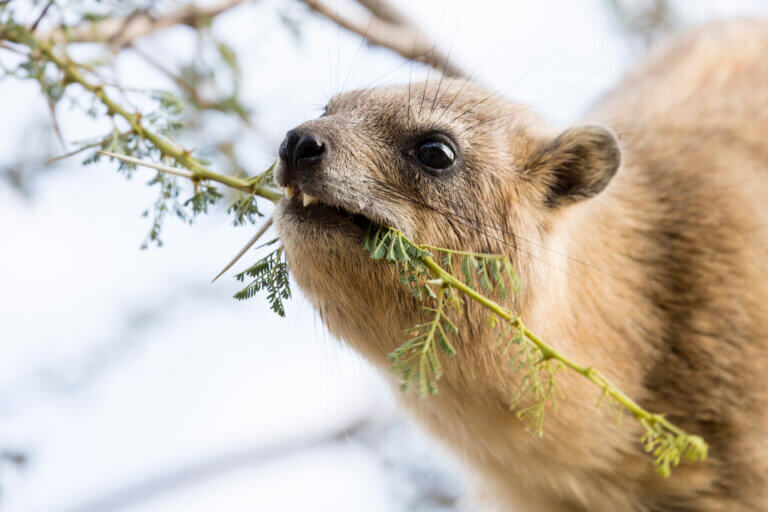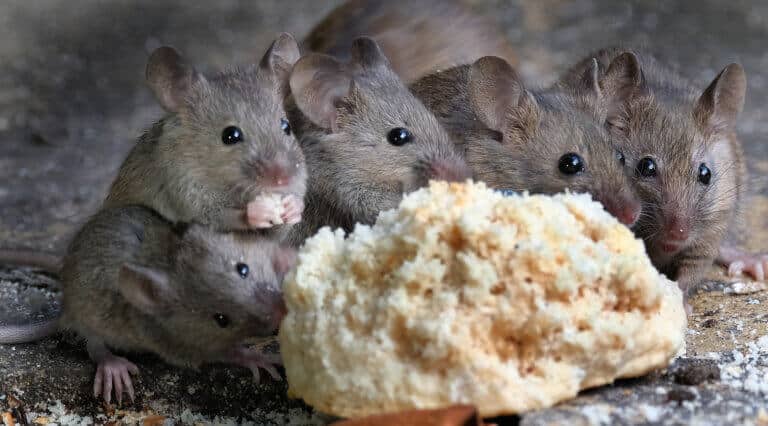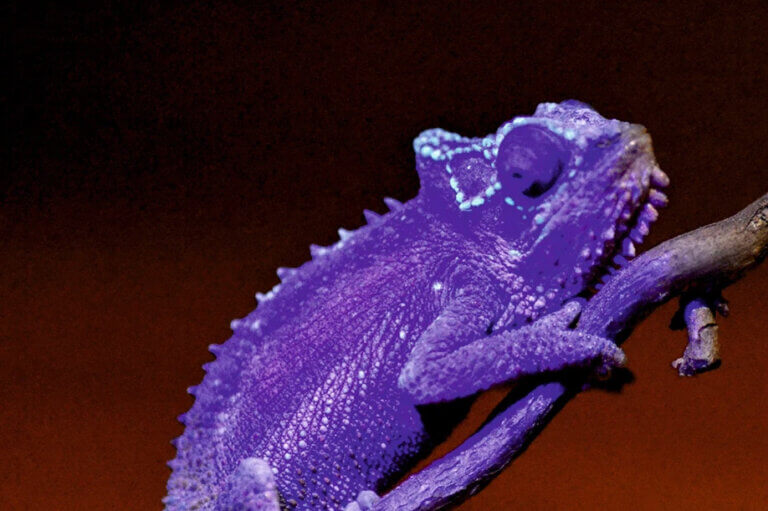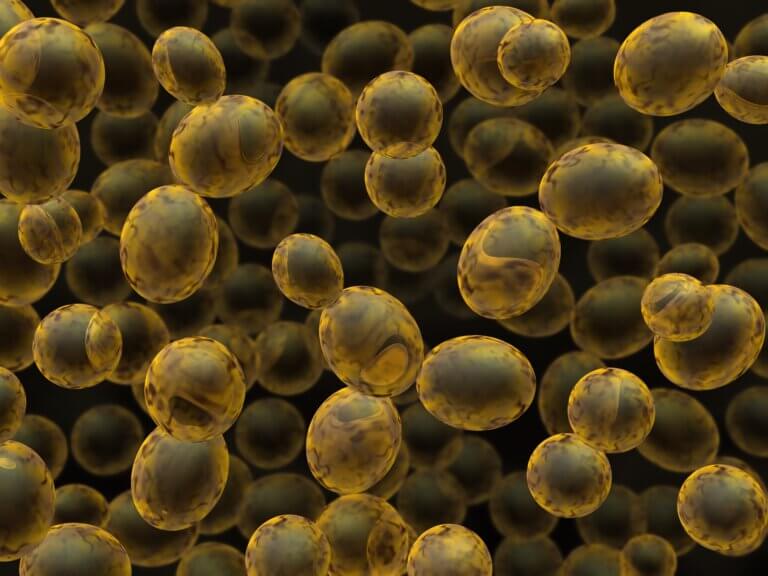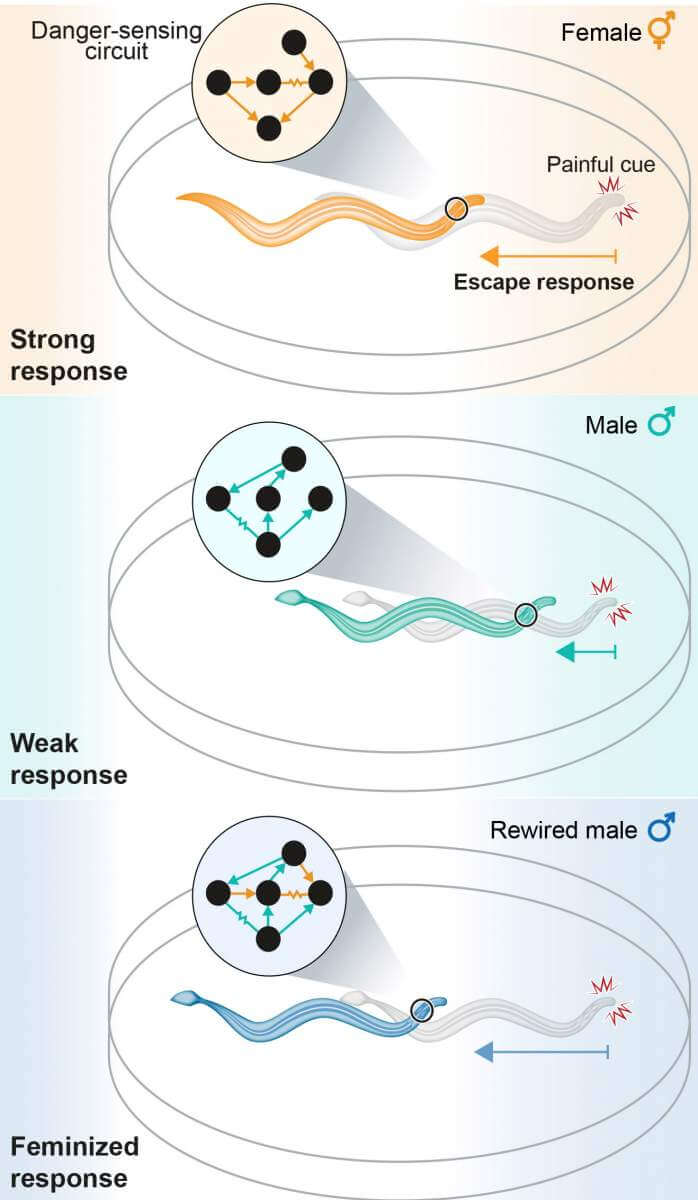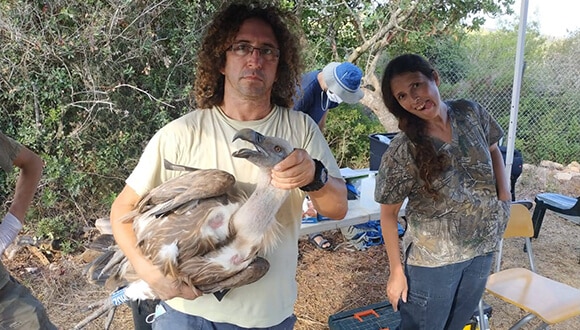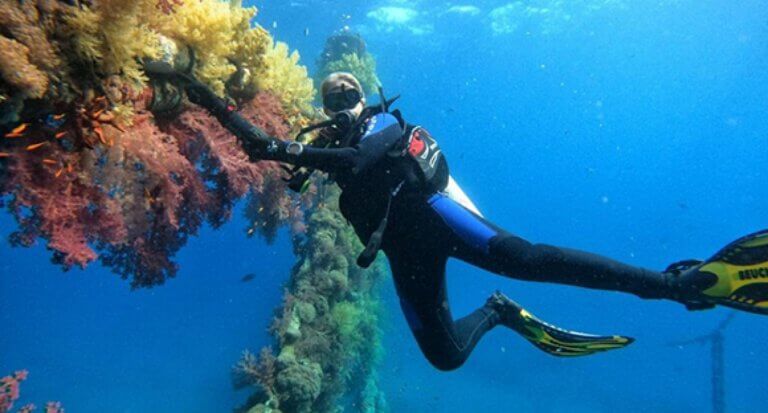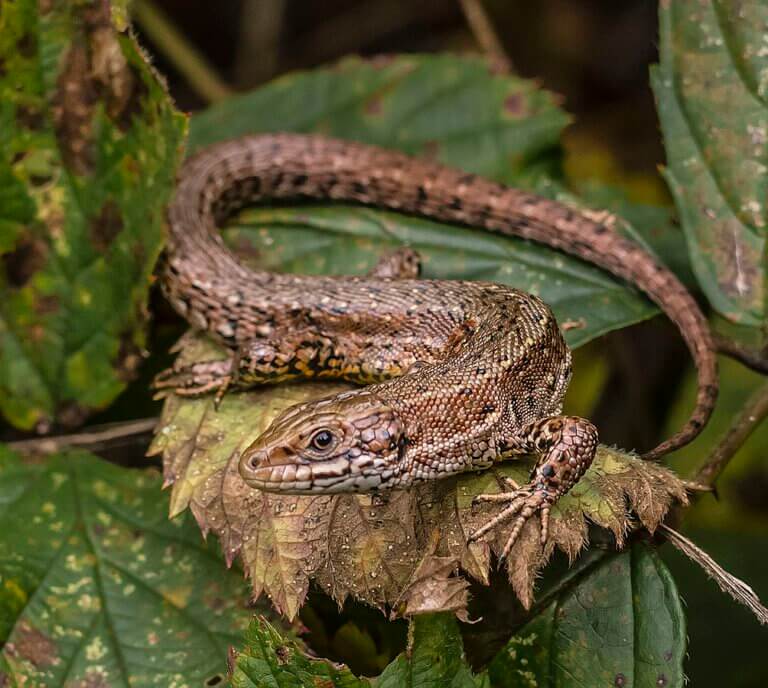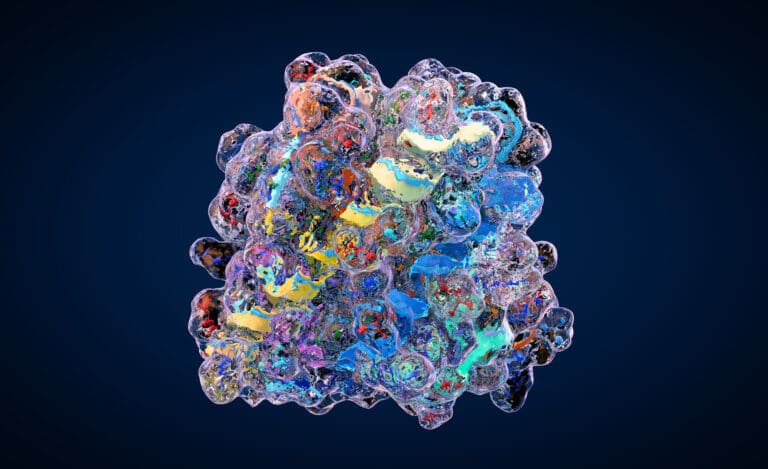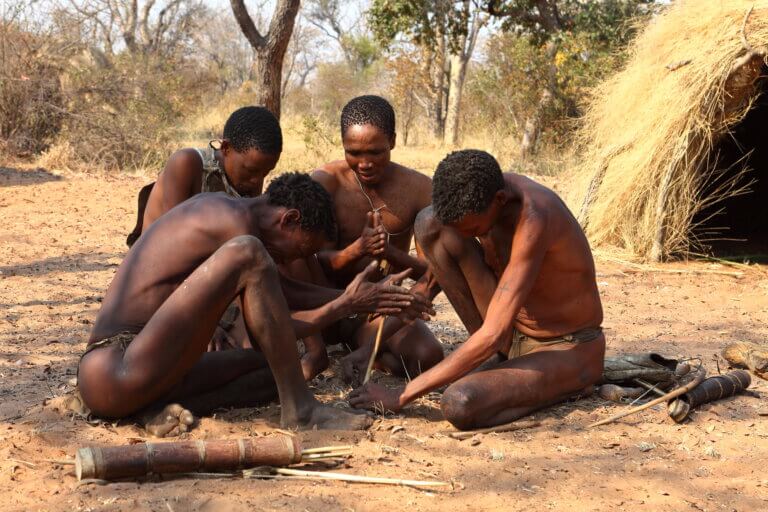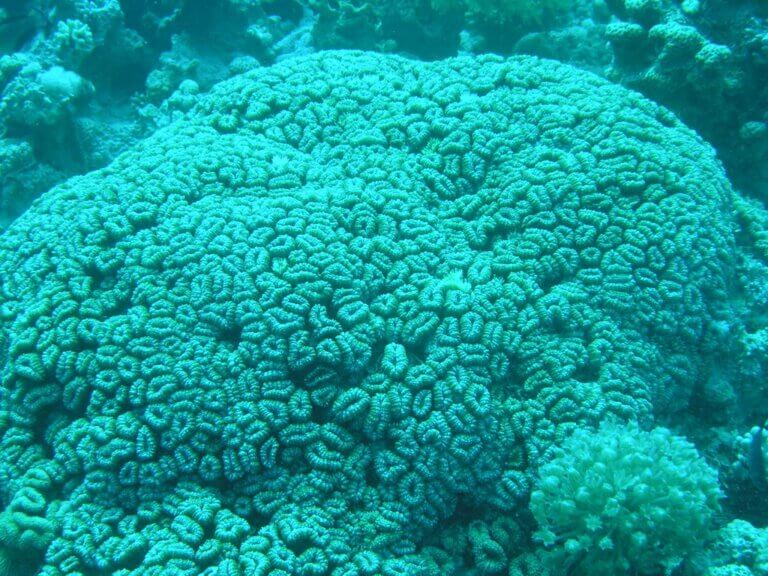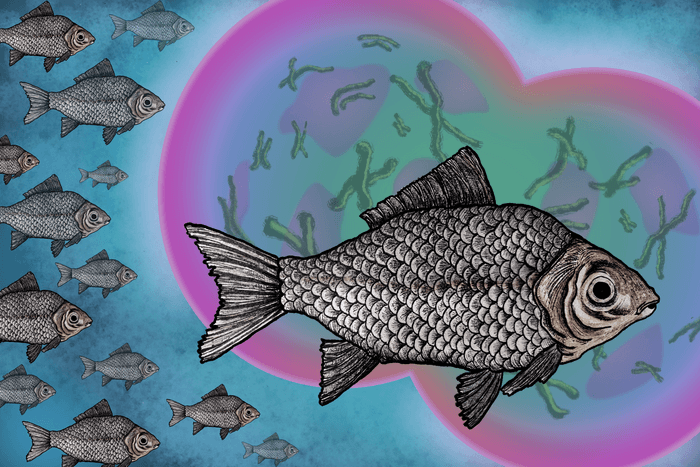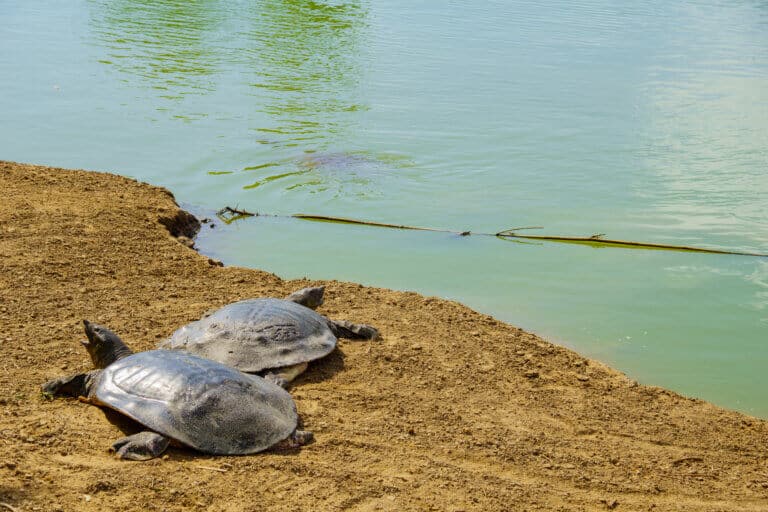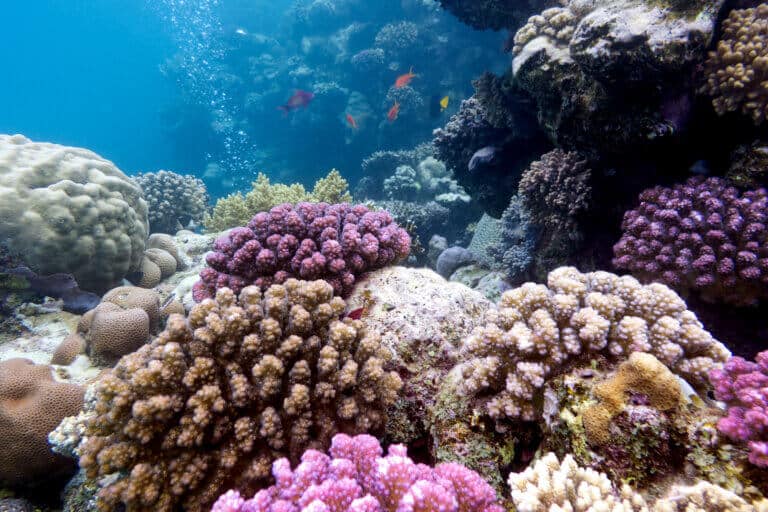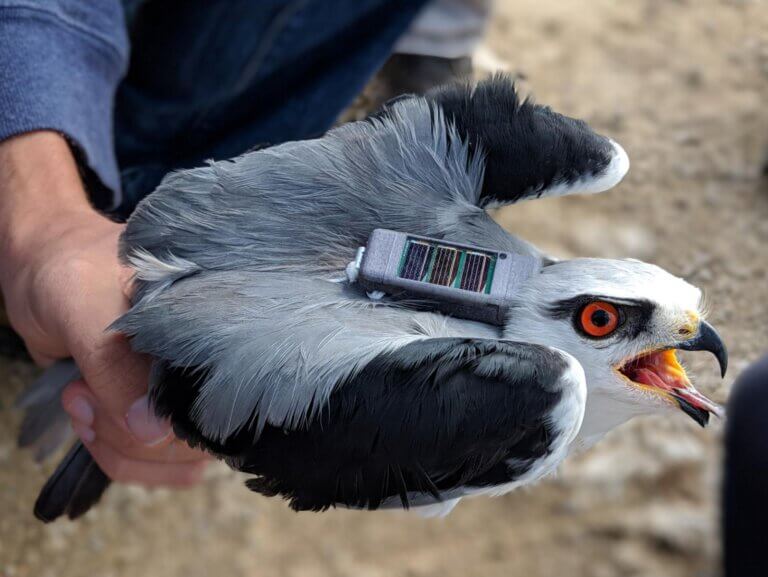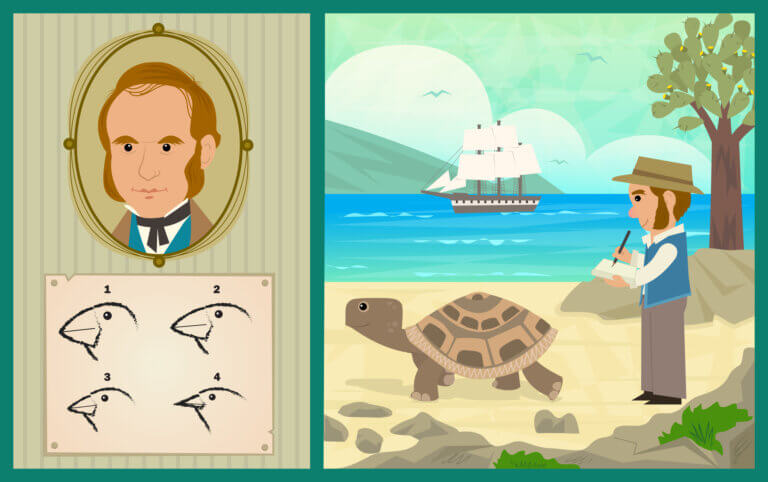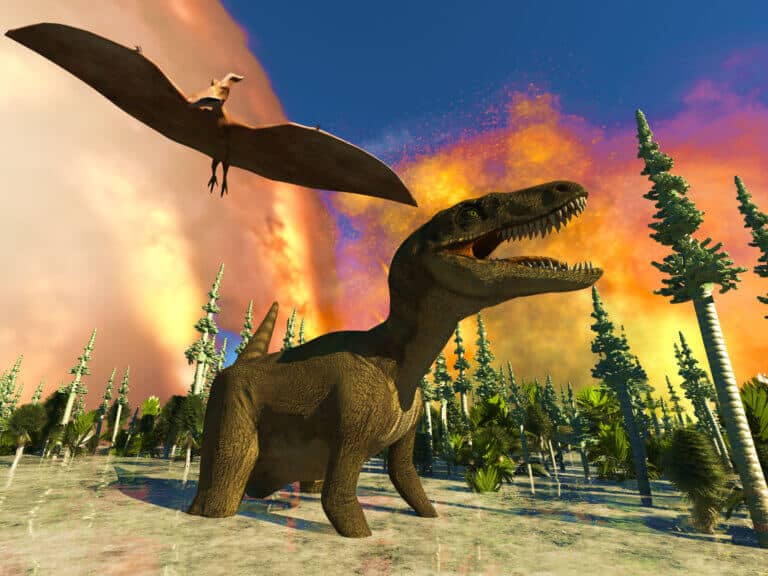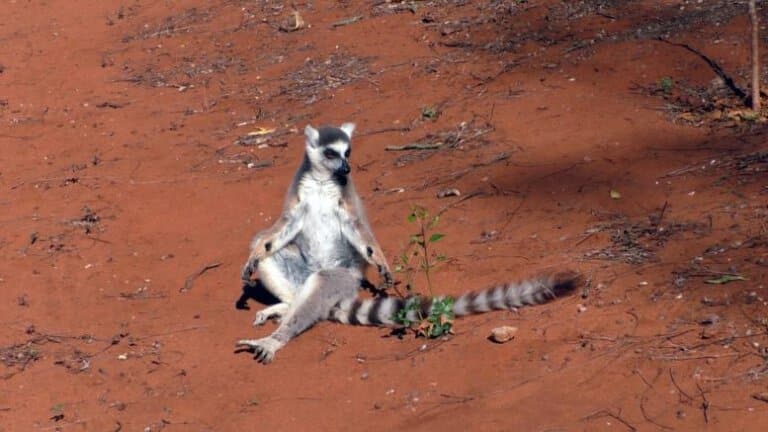Hayadan > reproduction
reproduction
- The Voice of Science website - the Israel National Science Foundation
- April 20, 2024
- One response
Prof. Oren Levy researches the timing of the reproduction of corals around the world and is surprised by Dioc. However the biological clock of the corals is not adapted to the volume lights
- The Voice of Science website - the Israel National Science Foundation
- April 4, 2023
Tracking social mammals has allowed scientists to understand how they choose a way of behavior that promotes their ability to reproduce
- Avi Blizovsky
- March 20, 2023
- 2 תגובות
The researchers behind the new study were able to create baby mice with genetic material from two males without any genetic changes. They achieved this by using stem cells to create primordial germ cells (PGCs), which differentiate into sperm and egg.
- Angle - a news agency for science and the environment
- March 11, 2023
The decoration of chameleons is not limited to their outer part - and the bones of many of them glow through their skin under ultraviolet light. This is how the chameleons never stop surprising with original costumes that can be an inspiration for our most colorful holiday
- Tel Aviv University
- December 17, 2022
The new discovery could shed light on the basic mechanisms that control sugar metabolism in other organisms, including humans.
- Weizmann Institute
- November 21, 2022
The research findings illustrate how changing the synapse map may lead to a change in behavior
- Tel Aviv University
- November 20, 2022
The researchers who are trying to save the biblical eagle from extinction in Israel
- Science site The Conversation
- November 19, 2022
- One response
"Instead of wondering if we have too many or too few people, we should ask how we can sustainably meet the needs of the people who are already alive"
- Tel Aviv University
- November 19, 2022
The harmful chemicals can be found in a wide variety of consumer products such as food packaging, toys, medical devices, adhesives and more
- Angle - a news agency for science and the environment
- October 19, 2022
A new French study found that lizards living in France were born "older". It is not about a sequel to "The Amazing Story of Benjamin Button", but about another item on the list of damages from the climate crisis
- The Voice of Science website - the Israel National Science Foundation
- October 16, 2022
A liquid-viscous environment helps the folding of proteins and their proper functioning
- Ehud Amir
- September 25, 2022
- 5 תגובות
In a symbiotic reorganization, the organism functions much better than its individual cells or parts.
- Science site The Conversation
- September 14, 2022
- 6 תגובות
Many pregnancies are terminated at the stage when the fetus is implanted in the uterus and begins to develop. The discovery will make it possible to investigate this phase in detail
- Avi Blizovsky
- August 3, 2022
- No comments
Alarming findings regarding the future of the Gulf of Eilat: the coral reef in the Gulf of Eilat is having difficulty recovering from the damage of the 2020 winter storm, which hit the bay and caused the coral colonies in the reef to break and be covered with sand; continued decrease in the percentage of coral cover; Gulf water temperature continues to rise; The Minister of Environmental Protection: "The question marks regarding the future of the Gulf of Eilat require us to take zero risks"
- Avi Blizovsky
- July 26, 2022
- No comments
- Tel Aviv University
- July 17, 2022
The main factors and processes that affect the state of nature in Israel, as a result of human activity, were published
- Tel Aviv University
- July 16, 2022
- No comments
A study found that men who are in the sun eat more
- Tel Aviv University
- June 17, 2022
A new study estimates that there is little basis for the hope that coral reefs at great depth will help the survival of corals in shallow waters
- Tel Aviv University
- March 31, 2022
Is the routine good for us or maybe we are better off without it? And could it be that a new one that we haven't met yet is about to devour all the cards?
- Tel Aviv University
- February 20, 2022
Researchers from Tel Aviv University demonstrated with the help of worms that epigenetic inheritance of sexual attraction can influence the process of evolution
- The Hebrew University
- February 20, 2022
- No comments
An article published in the scientific magazine Science, led by Prof. Ran Natan from the Hebrew University, shows how the "Atlas" system and other data-intensive (big data) tracking systems help to research and preserve wild animals in a world where the climate and environment are rapidly changing due to human activity * The system also helped after the research With the avian flu outbreak that affected the cranes
- The Technion
- February 15, 2022
This week, February 12, we celebrated the birthday of Sir Charles Darwin, one of the most influential figures in the history of science, who was born in 1809. His book 'The Origin of Species', published in 1859, presented a revolutionary answer to one of the basic questions that have occupied naturalists for centuries: How do new species form in nature?
- Avi Blizovsky
- December 20, 2021
- 6 תגובות
Groundbreaking research confirms the time of year when an asteroid wiped out the dinosaurs and 75% of life on Earth
- The science service
- December 7, 2021
- No comments
In a new study by a team of researchers from the University of Tokyo published in the journal Current Biology, three different chemical compounds were identified as being responsible for the fruity body odor that the male lemur emits during the annual breeding season to become more attractive and attract potential mates, just like humans use perfumes.
- Scientific American Israel
- February 9, 2018
- 2 תגובות


